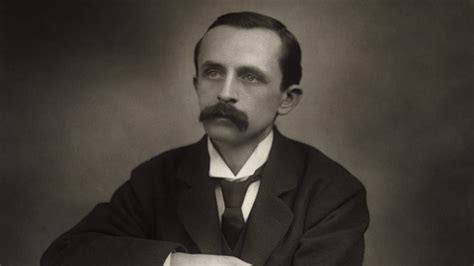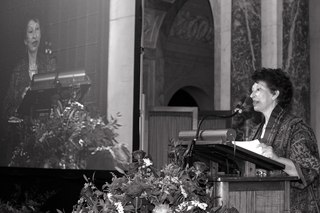A Quote by Peter Cheeke
Do we, as humans, having an ability to reason and to communicate abstract ideas verbally and in writing, and to form ethical and moral judgments using the accumulated knowledge of the ages, have the right to take the lives of other sentient organisms, particularly when we are not forced to do so by hunger or dietary need, but rather do so for the somewhat frivolous reason that we like the taste of meat? In essence, should we know better?
Related Quotes
The problem is that for almost any feature of humanity that you can name, whether it's the ability to suffer, whether it's the capacity to reason, whether it's having lives that can go better or worse, there are at least some other non-human animals that have all of these features as well. So to exclude non-human animals from the range of moral concern but to include all humans, just seems morally arbitrary.
As MBA professors endlessly tell their students, companies do best when they stick to what they do well. There's a reason Apple doesn't make blenders. There's a reason Haagen-Dazs doesn't sell meat. And there's a reason drug companies should focus on saving and improving lives - not jeopardizing them.
Woodworking requires a completely different kind of thinking and problem-solving ability than writing. With writing, you take a set of facts and ideas, and you reason your way forward to a story that pulls them together. With woodworking, you start with an end product in mind, and reason your way backward to the raw wood.
If there are sound reasons or bases for the points you demand, then there is no need for violence. On the other hand, when there is no sound reason that concessions should be made to you but mainly your own desire, then reason cannot work and you have to rely on force. Thus using force is not a sign of strength but rather a sign of weakness.
To reason logically is so to link one's propositions that each should contain the reason for the one succeeding it, and should itself be demonstrated by the one preceding it. Or at any rate, whatever the order adopted in the construction of one's own exposition, it is to demonstrate judgments by each other.
A very tall man once asked a question after my talk. Before beginning his question, he explained that the reason he was standing up is not to be intimidating but rather to make eye contact. His question was essentially "are we really interested in moral motives? Isn't it all about action?". I pointed out to him that it was not enough for him to do the right thing - stand up - but he also wanted me to know that he is doing it from the right motive or for the right reason - to make eye contact, rather than to be intimidating. Voila, moral psychology.
It is so hard for an evolutionary biologist to write about extinction caused by human stupidity. Let me then float an unconventional plea, the inverse of the usual argument. The extinction of Partula is unfair to Partula. That is the conventional argument, and I do not challenge its primacy. But we need a humanistic ecology as well, both for the practical reason that people will always touch people more than snails do or can, and for the moral reason that humans are legitimately the measure of all ethical questions for these are our issues, not nature's.
After Pope, in the beginning of Romanticism, people developed the idea that imagination rather than reason was a special form of knowledge and its best expression is through poetry. Therefore, poetry should not try to do the stuff that mere prose does: convey information or make arguments about ideas.
The greatest flaw of human beings is to remain glued to the inventory of reason. Reason doesn't deal with man as energy. Reason deals with instruments that create energy, but it has never seriously occurred to reason that we are better than instruments: we are organisms that create energy. We are bubbles of energy.


































